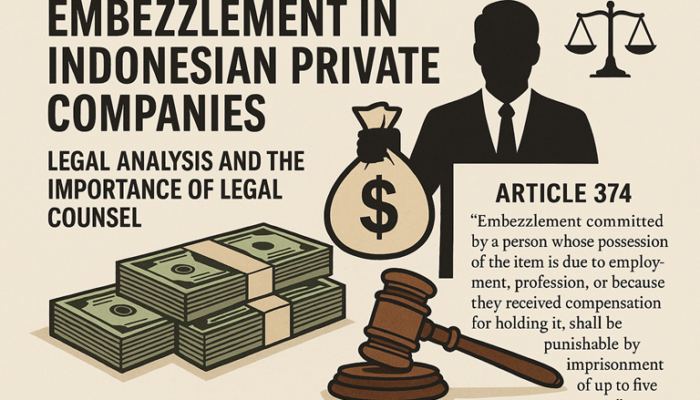The year 2025 marked a year of steady consolidation and advancement for QUEEN LAW FIRM in its development as a professional, structured, and internationally oriented law firm. Throughout the year, we continued to refine our integrated legal service system, covering cross-border commercial matters, contract drafting and review, legal opinions and due diligence, criminal and civil litigation, as well as retainer legal counsel services.
We were honored to serve numerous global multinational corporations, Chinese Central State-Owned Enterprises (SOEs), and large corporate groups, delivering legal services that emphasize compliance, risk control, and practical enforceability.
I. Strengthening Cross-Border Commercial Legal Services
In 2025, QUEEN LAW FIRM focused on cross-border commercial matters involving foreign investment, joint ventures, mergers and acquisitions, and complex business structures.
Our approach ensures that each transaction structure is:
-
legally compliant,
-
commercially viable, and
-
practically enforceable.
This enables clients to manage legal risks effectively in cross-border operations.
II. Contract Drafting and Review with a Transaction-Driven Approach
Contracts serve as the legal embodiment of transaction structures and risk allocation. During 2025, QUEEN LAW FIRM provided bespoke, non-template-based contract drafting and review services, including:
-
Joint venture and shareholders’ agreements
-
M&A transaction documents and ancillary agreements
-
Long-term commercial, supply, distribution, and framework agreements
-
Service, technology, and project-related contracts
Our review goes beyond textual revisions, focusing on rights and obligations, risk allocation, default mechanisms, dispute resolution, and enforceability. Even under tight timelines, contracts were delivered efficiently without compromising legal integrity.
III. Legal Opinions and Legal Due Diligence for Chinese Central SOEs
(i) Legal Opinions
QUEEN LAW FIRM was engaged to issue legal opinions for Chinese Central SOEs and large state-backed enterprises in connection with overseas investments, financing, and strategic transactions.
These opinions supported:
-
internal decision-making,
-
compliance and audit processes, and
-
transaction execution and project implementation.
Many were completed under compressed decision timelines while maintaining a high standard of legal prudence.
(ii) Legal Due Diligence
We led and participated in legal due diligence exercises covering:
-
corporate structure and ownership history,
-
material contracts and guarantees,
-
regulatory compliance and administrative risks,
-
employment, potential disputes, and asset ownership.
Due diligence findings were directly integrated into transaction structures and risk mitigation mechanisms.
IV. Criminal Litigation and Risk Management
Throughout 2025, QUEEN LAW FIRM handled a range of criminal matters, including economic crimes, cross-border cases, and matters involving criminal–civil overlap.
Our approach emphasizes procedural safeguards, evidentiary standards, and early-stage legal intervention to contain criminal exposure and protect clients’ business and personal interests.
V. Civil and Commercial Litigation / Arbitration
QUEEN LAW FIRM represented clients in high-value, complex civil and commercial disputes, including:
-
contract and investment disputes,
-
shareholder and corporate control disputes,
-
cross-border breach and enforcement matters.
Our dispute resolution strategy remains outcome-oriented, with strong emphasis on enforceability.
VI. Retainer Legal Counsel Services
Our retainer services provide ongoing legal support in:
-
daily operational compliance,
-
contract review and negotiations,
-
corporate governance,
-
employment and compliance investigations,
-
urgent legal issue response.
This enables clients to shift legal risk management toward a preventive and strategic model.
VII. Efficient Response to Time-Critical Matters
Clients frequently require expedited legal support due to commercial timelines or regulatory windows. QUEEN LAW FIRM operates with a mature workflow and experienced judgment, allowing us to deliver high-quality legal work within compressed timeframes, without sacrificing accuracy or reliability.
VIII. Closing and Appreciation
The most meaningful achievement of QUEEN LAW FIRM in 2025 lies in the long-term trust established with our clients. We extend our sincere appreciation to all clients for their continued confidence and collaboration.
Looking ahead to 2026, QUEEN LAW FIRM remains committed to serving as a stable, reliable, and solution-oriented legal partner in an increasingly complex global business environment.









